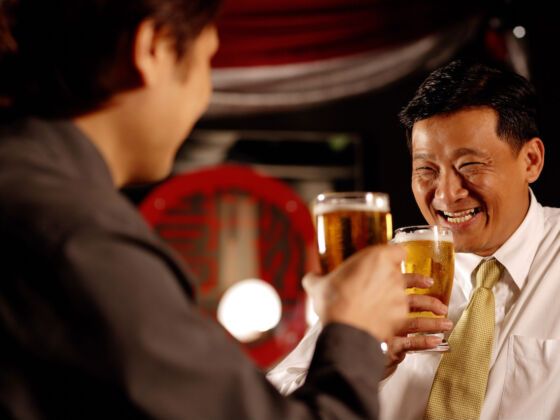Travel insurance company GlobeLink just published this helpful infographic, outlining some of the key faux-pas tourists might commit while traveling to any of these 18 major travel destinations around the world.
Don’t even think about it:
In France:
According to FranceToday, the cultural avoidance of money-talk may originate from an implicit cultural understanding that the love of money is something of a vulgar guilty pleasure, or come from a rich French history of grappling with tax authorities.
